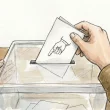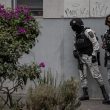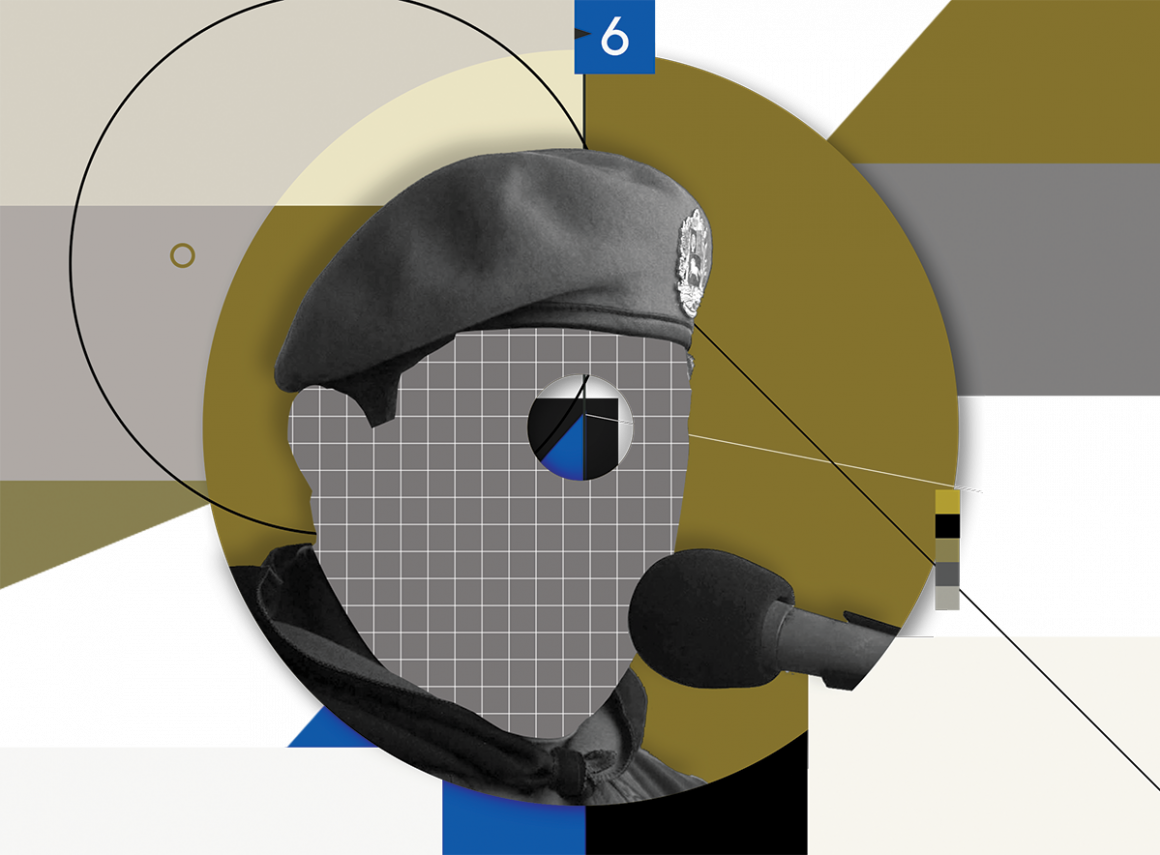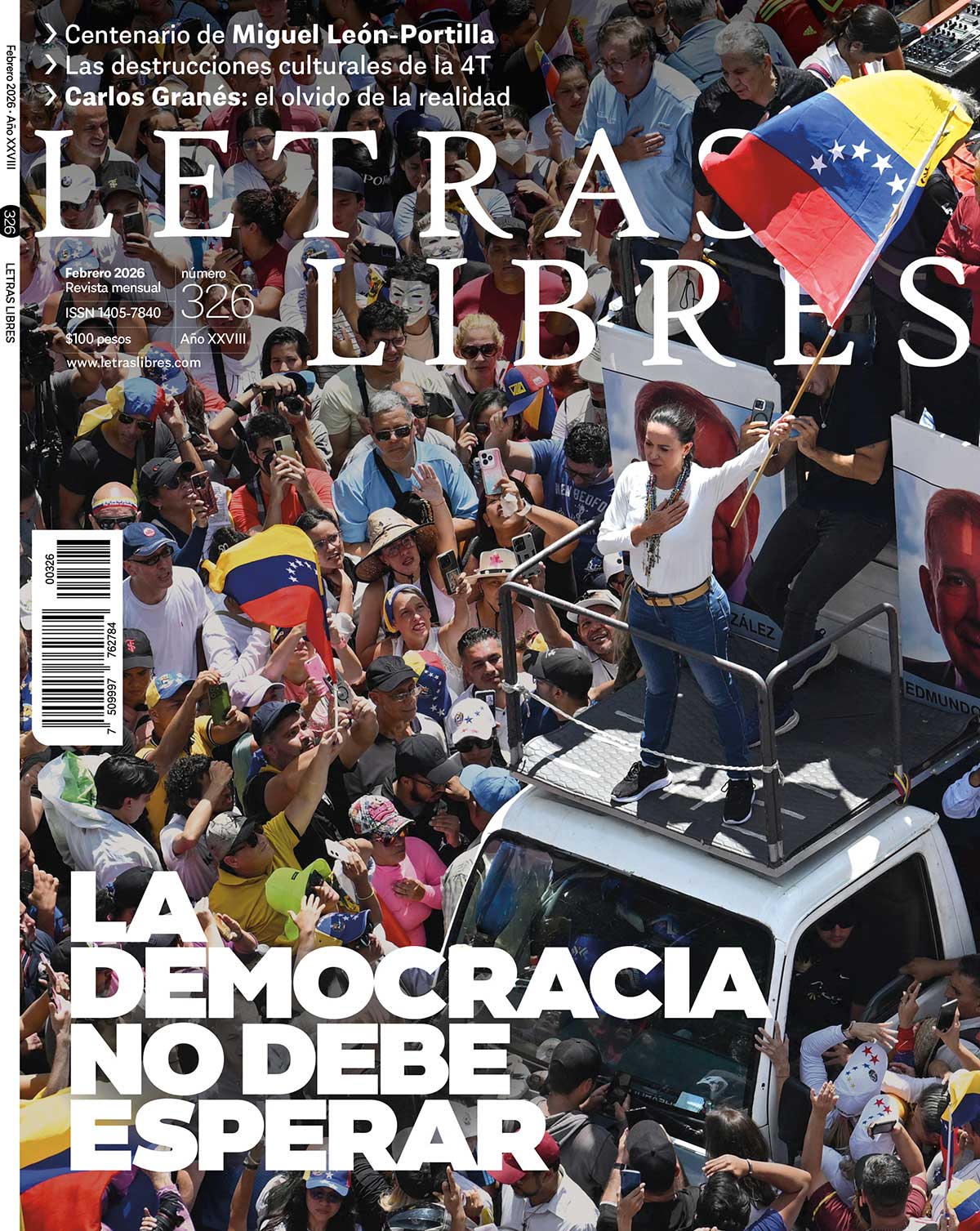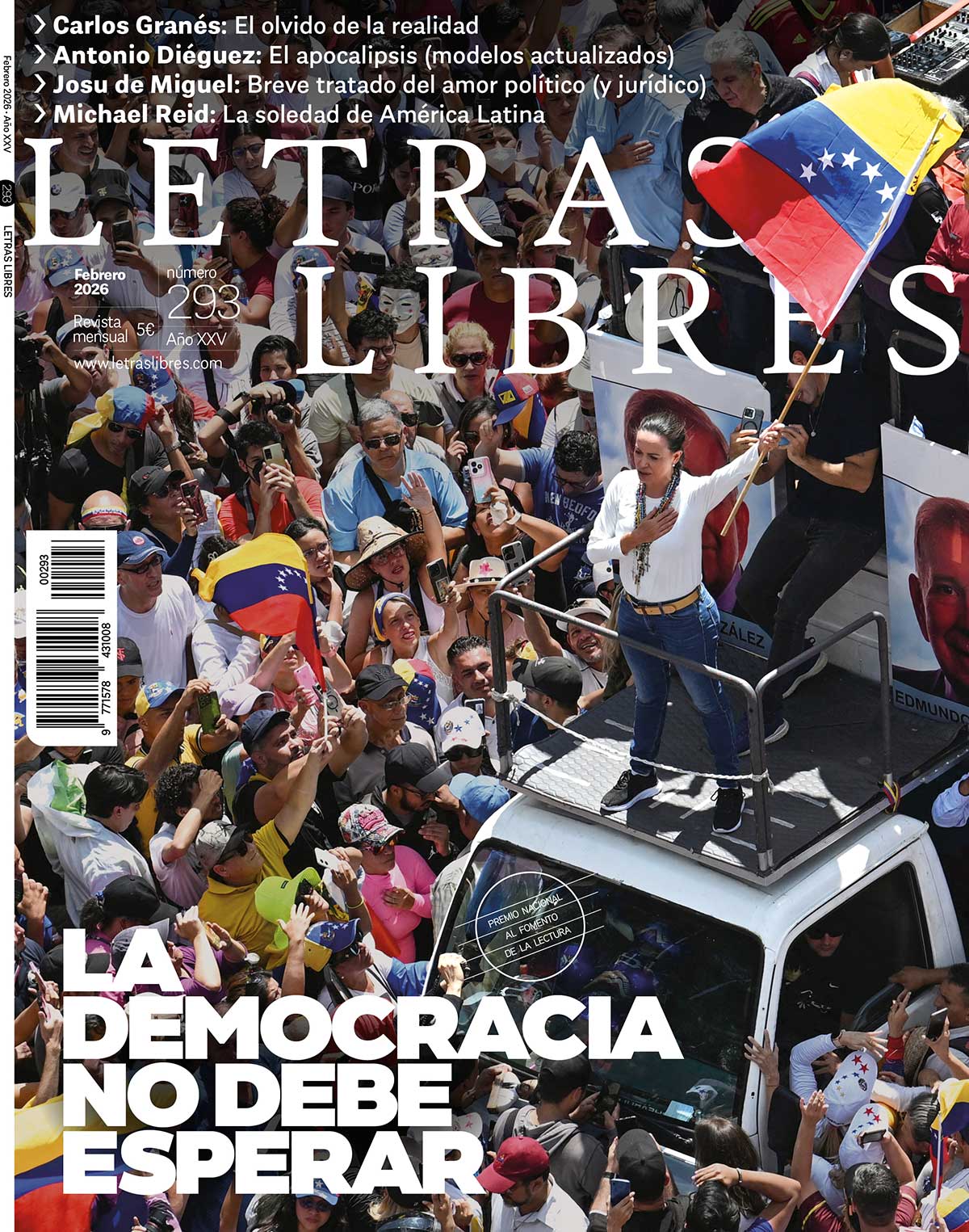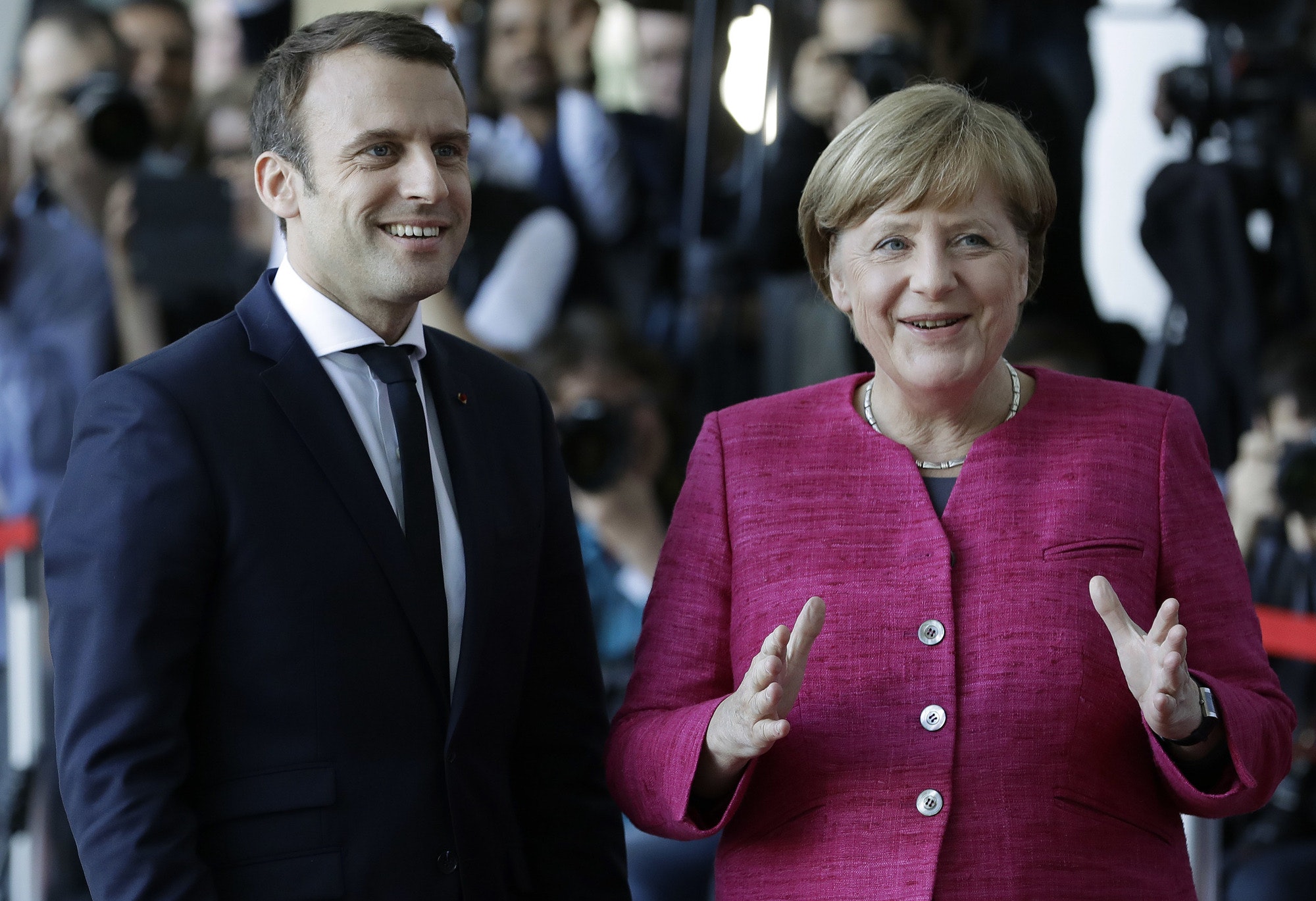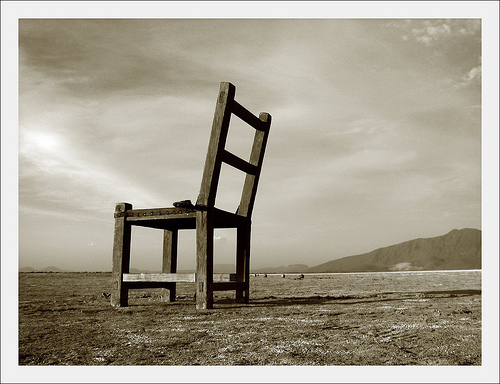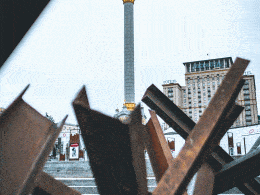The spread of leaderships or governments of the right-wing spectrum, which appeal to a discourse or undertake political programs traditionally understood as populist, prompts a review of the ideological coordinates of Latin America in the first quarter of the 21st century. Denouncing oligarchies, disavowing liberal or socialist traditions, confusing nationalism with nativism or accusing opponents of being enemies of the homeland have never been gestures exclusive to the left. But when all this is mixed with demagogy, caudillismo or militarization, it seems that the anti-progressive platform is turning on its axis.
Since the approaches to populism of governments that, at the end of the 20th century, promoted neoliberal reforms such as those of Carlos Saúl Menem in Argentina, Alberto Fujimori in Peru or Carlos Salinas de Gortari in Mexico, the capacity for displacement of the populist style has been clear. This ideological malleability, however, could lead to thinking of populism as a gene of Latin American and Caribbean history, replacing the place previously given to caudillismo or authoritarianism. The greatest difficulty for such an approach, as Guy Hermet warned two decades ago and Kurt Weyland has recently recalled, comes from a long history in which populism has been very diversely adopted or repelled by left and right, democracies and dictatorships.
Pierre Rosanvallon notes in The Populist Century: History, Theory, Critique (2020) that, despite its elusive polysemy, the concept of populism is unavoidable because of its great capacity to identify historical and contemporary phenomena of modern politics. The same could be said of the concept of revolution, whose very dissimilar Latin American and Caribbean uses between the nineteenth and twentieth centuries generate distortions and rhetorical manipulations -but in no way justify a renunciation of the term. Revolutions and populisms as historical experiences, and also as symbolic reserves, are adhered to the discourses and practices of the contemporary Latin American left, despite the fact that the democratic form of government has predominated in the region for the last three decades.
It is interesting to explore this affective memory of the revolutionary and populist tradition, in the Latin American left, as a modality of the political melancholy studied by Enzo Traverso. But it is perhaps more pertinent to contrast or counterpoint the ideological representations based on the left’s mourning for its defeats in the Cold War with the actual exercise of power by the governing left, especially in the first two decades of the 20th century. Such an approach shows that ideological melancholy underpins a process of deideologization that advances through the enthronement of authoritarian elements in domestic politics and of a neorealist and geopolitically-minded rationality in foreign policy.
Like that of revolution, the concept of populism in Latin America has undergone a zigzagging itinerary since the mid-twentieth century. After the first government experiences of Peronism in Argentina and Varguismo in Brazil, contradictory views on its meaning began to emerge. In anti-fascist humanist publications, such as the Mexican magazine Cuadernos Americanos, edited by Jesús Silva Herzog, articles appeared by the Argentines Sergio Bagú and Risieri Frondizi presenting populism as a Latin American version of fascism.
The Argentine intellectual Ezequiel Martínez Estrada, already settled in Cuba, included highly critical notes on Peronism in his book Diferencias y semejanzas entre los países de América Latina (1962). According to Martínez Estrada, the Cuban Revolution and its socialist radicalization made evident the colonial and oligarchic continuity of populist projects such as Peronism. In Perón’s Argentina, “the State would reorganize itself as a barracks, publicly adopting the catechism of the theorists of total war, Clausewitz, Bernhardi and Schlieffen”. Without sparing adjectives, Martínez Estrada described Latin American populisms as “totalitarian states”, based on “barbarian apothegms” and on the “traditional line” and the “mental formation” of the “ultramontanes”.
Although criticism of populisms from the socialist or Marxist left continued throughout much of the Cold War, in the 1950s and 1960s more nuanced views emerged, such as that of Gino Germani, who highlighted the dynamics of social inclusion in those experiences. Carlos de la Torre has documented this semantic shift that led to the studies of Torcuato Di Tella and Octavio Ianni in the 1970s. But perhaps the clearest line of appropriation of the populist legacy from the Latin American left began with the re-reading of the Argentine and Brazilian 20th century proposed by authors such as Vânia Bambirra, Theotônio dos Santos and Marcos Kaplan in Pablo González Casanova’s anthology América Latina: historia de medio siglo (1977).
When these texts were published, Latin America was in the midst of the consolidation of military dictatorships in the Southern Cone and the intensification of revolutions in Central America. The Cold War context, where Cuba was establishing itself within the Soviet orbit and Mexico was perfecting its policy of triangulation and compensation of its increasingly absorbing links with the United States, favored a comprehensive view of the populist experience, far removed from the traditional communist disqualification of populism as fascism or petty-bourgeois demagogy.
Dos Santos and Bambirra called Getúlio Vargas’ rise to power in 1930 a “revolution” and highlighted the policies of social inclusion, protectionism and industrialization, substitution imports, expansion of the domestic market, and growth of the middle classes of the Estado Novo. Kaplan, for his part, returned to the formulation of populism as “Bonapartism”, readable in Marx and Trotsky, and defined the Peronist project as a contradiction between the preservation of the class hegemony of the agro-industrial elites and the extension of labor rights and co-optation of the workers’ movement. However, Kaplan’s definition of Peronism as an “essentially conservative and gatopardist” was still indebted to the old socialist and communist leftist critique of populism.
The analytical shift on populisms, which then emerged among left circles close to the ECLAC thesis and the theory of dependency, had had a relevant antecedent in the vision of some Trotskyists such as the Argentine historian Jorge Abelardo Ramos. In his Historia de la nación latinoamericana, Ramos had positively valued the nationalism and industrialization of the Estado Novo and observed a certain leftist dimension in Varguismo, as opposed to the advance of bureaucratic Stalinism in Luís Carlos Prestes and Brazilian communism. In the same sense, Ramos considered that, “in spite of its class limitations, the Peronist regime carried out a policy of broad historical progressiveness”.
The transitions to democracy from various authoritarian regimes during the 1980s and 1990s were disadvantageous for the revaluation of populism from the left. The reconstitution of the democratic pact, the party system and the legislative and electoral processes produced an automatic reactivation of liberal, Christian Democrat and Social Democratic orientations that turned the ideological spectrum to the center. The negotiation of the political space of the transitions, in many countries, led to a moderation which implied that the most radical right and left, linked to the confrontational poles of the Cold War, lost their protagonism.
The intellectual and political evolution of some figures, such as Celso Furtado and Fernando Henrique Cardoso in Brazil, promoters of the ECLAC theses and dependency theory, who joined the transitional governments, is very revealing of that process. There are also other cases, such as Juan Carlos Portantiero and José Aricó in Argentina, defenders of a socialist democratization inspired by Antonio Gramsci, who would become references for democratic socialism in the eighties and nineties
As the transitions entered the last decade of the 20th century, after the fall of the Berlin Wall and the decomposition of the socialist camp in Eastern Europe, leftists and rightists began to rearm, looking to the past of revolutions and populisms, taking advantage of the post-Cold War context. An author like the Venezuelan Carlos Rangel would be the precursor of a vision of the 20th century in Latin America and the Caribbean where revolutions and populisms became indistinguishable in a sort of common programmatic magma. His essay Del buen salvaje al buen revolucionario ( 1976) would be the starting point for other more widespread versions of the same story in the 1990s and 2000s, such as the Manual del perfecto idiota latinoamericano ( 1996) by Plinio Apuleyo Mendoza, Álvaro Vargas Llosa and Carlos Alberto Montaner.
In those essays, as well as in later ones by Carlos Raul Hernandez, populism and communism merge as currents of the Latin American revolutionary left, twinned before and, above all, after the fall of the Berlin Wall. The intellectual and political history of the regional left, however, records more conflicts than harmonies between classical populisms and the various socialisms, not excluding pro-Soviet communism, especially before the Cold War. Three key movements during the Cold War period in the fifties and sixties established, in specific junctures, alliances with all leftist groups (populists, revolutionary nationalists, socialists, communists, and even Catholics): the Bolivian Revolution of Paz Estenssoro and the Nationalist Revolutionary Movement, the Guatemalan Revolution of Juan José Arévalo and Jacobo Árbenz, and the Cuban Revolution of Fidel Castro and Che Guevara. These alliances were crucial in shaping the political landscape of Latin America during that period.
The great spread of the guerrillas, as an effect of the influence of the Cuban Revolution in the sixties and seventies, deepened those alliances, not without purges and internal conflicts in the Southern Cone, the Andes or Central America. Contrary to a stereotypical view of guerrillas, shared by both the left and the right, the Latin American guerrillas, according to recent studies by historians such as Aldo Marchesi, Vera Carnovale, Eugenia Palieraki or Arturo Taracena, were very far from following the model of the rural revolutionary focus, defended by Che Guevara and Régis Debray. There were intense debates and settling of scores between supporters of one or the other model within the guerrilla projects.
These authors also conclude that, doctrinally, there was a major shift towards various forms of Marxism in most of these groups. The approach, whether to orthodox Marxism-Leninism of the USSR and Eastern Europe, to Chinese Maoism, to Guevarism or to more complex variants of urban guerrilla warfare, came from revolutionary nationalist coordinates, such as those of Mexico, the Caribbean and Central America, Peronist or Goulartist, such as those of Argentina and Brazil, or post-Vatican II Catholic and close to liberation theology, which was present in almost all the countries of the region.
From this mixture, in which the profiles of pre-Cold War populism were diluted, came the rearticulation of the Latin American left after the fall of the Berlin Wall. When the Workers’ Party of Brazil promoted the creation of the São Paulo Forum in the early 1990s, it was difficult to see any direct survival of classic populism in that alliance. The anti-neoliberal social movements of the 1990s, such as the Brazilian Landless, the Mothers and Grandmothers of the Plaza de Mayo in Argentina, the Cocalero Union of the Cochabamba region in Bolivia or the Zapatista Army of National Liberation in Mexico, did not present themselves as a continuation or reformulation of classic populisms.
It was with the arrival of Hugo Chavez to power at the end of the decade and, above all, with the ideological radicalization that followed the failed coup against him in 2002, that a reformulation of classic populism began within the Latin American left. By 2006 or 2007, Lula da Silva in Brazil, Néstor Kirchner in Argentina, Evo Morales in Bolivia and Rafael Correa in Ecuador were in power , and Unasur, and Alba had already been created. By 2006 or 2007, Lula da Silva in Brazil, Néstor Kirchner in Argentina, Evo Morales in Bolivia, and Rafael Correa in Ecuador were in power, and Unasur and Alba had already been created. During this period, there were already circulating, at least, several theoretical flanks that advanced in a reappropriation of classical populism from the left: on the one hand, the theses of Ernesto Laclau in his influential book On populist reason (2005); on the other, the more ideological essay by Heinz Dieterich Steffan called Socialismo del siglo XXI (2002); and, finally, the studies of Bolivian Vice President Álvaro García Linera on Socialist communitarianism and plebeian power. In these three parallel flanks, but especially in the one opened by Laclau and García Linera, a reappropriation of classical populism took place. Some elements such as the mixed economy, the control of strategic resources by the State and the diversification of international relations were explicitly assumed by the new left. Constitutionalism, which was also a constant in classical populism, reappeared as a common horizon in the Bolivarian left. Theorists of the new constitutionalism, such as Roberto Viciano Pastor, Rubén Martínez Dalmau, Roberto Gargarella or Pedro Salazar, found in the new organic and dogmatic perspectives of the Venezuelan, Ecuadorian and Bolivian constitutions, good ideas and questions very similar to those raised by the old populism.
After that reinvention of populism in the Bolivarian left in the first decade of the 21st century, the most recent progressive governments in most Latin American countries have avoided authoritarian extremes. The three political systems that, by various means, crossed the threshold of democratic norms, the Cuban, Venezuelan and Nicaraguan, remain intact. The question is whether another left or a new right could achieve a major transgression of democracy. Any answer, however, will continue to refute the pretension of defining populism as the genetic code of Latin American and Caribbean history.





